Ankara’s purchase of S-400 systems from Russia in response to US threats, says ex-Turkish cmdr.
A former high-ranking Turkish military official says his country’s decision to purchase advanced S-400 air defense missile systems from Russia is the result of a decline in relations between Ankara and Washington, and a response to US threats.
Retired Turkish Air Force Lieutenant General Erdogan Karakus told Russian Sputnik news agency that the increasing expansion of Russo-Turkish military ties would influence the balance of power in the Middle East, and could possibly prevent further crises in the region.
“In the wake of uncertainty about the shipment of US-made F-35 jets to Turkey, Ankara is looking into alternatives for military cooperation. The main choice is to further strengthen our military relations with Russia. At the same time, Turkey is working on developing its own jet, but we are facing Britain’s opposition to the matter,” Karakus noted.
He went on to say that arms cooperation between Turkey and Russia was in the interests of both countries.
The retired Turkish commander pointed out that Ankara-Moscow negotiations on S-400 systems would create the proper atmosphere for joint production of S-500 Prometheus missile systems.
Turkish President Recep Tayyip Erdogan recently said Ankara would utilize sophisticated S-400 anti-aircraft missile systems, which it plans to acquire under a deal finalized late last year, if necessary.
“We will not just buy the S-400s and place them in a storehouse. We will use them if need be. These are defense systems. What are we going to do with them if not use these defense systems? Are we going to depend on the United States again? We have been demanding them for years, but the answer given to us has been: The [US] Congress is not allowing. We are tired of this,” he said in remarks broadcast live by private Turkish-language TGRT Haber television news network on June 12.
On June 8, Turkish Interior Minister Suleyman Soylu said his country had an unalienable right to protect its own security and would spare no efforts to procure S-400 missile systems.

“Turkey is currently unable to repel a missile attack on its soil. The Russian anti-missile systems would strengthen the Turkish air defense capabilities. The countries, which had refused to supply Turkey with advanced air defense systems, wanted to undermine Turkey's military prowess,” Soylu said.
Erdogan and his Russian counterpart Vladimir Putin said in the Turkish capital Ankara on April 3 that they had agreed to expedite the delivery of S-400 missile systems. The delivery is expected to start between late 2019 and early 2020.
Turkey’s English-language Hurriyet Daily News newspaper reported on December 29 last year that the loan deal for four S-400 surface-to-air missile batteries had been signed in Ankara.
The developments came only two days after Sergey Viktorovich Chemezov, the Chief Executive Officer of Russian state corporation Rostec, told the Kommersant daily newspaper that Russia would supply Turkey with four batteries of S-400, worth $2.5 billion each, and Moscow was expected to begin the first deliveries in March 2020.
Chemezov added that Turkey would pay 45 percent of the cost of the agreement up front, while Russia would provide loans to cover the remaining 55 percent.
The S-400 system, whose full name is the Triumf Mobile Multiple Anti-Aircraft Missile System (AAMS), is an advanced Russian missile system designed to detect, track, and destroy planes, drones, or missiles as far as 402 kilometers away. It has previously been sold only to China and India.
Turkey is striving to boost its air defense, particularly after Washington decided in 2015 to withdraw its Patriot surface-to-air missile system from Turkey's border with Syria, a move that weakened Turkey’s air defense.
Before gravitating towards Russia, the Turkish military reportedly walked out of a $3.4 billion contract for a similar Chinese system. The withdrawal took place under purported pressure from Washington.
Ankara’s ties with its Western allies in NATO have been strained over a range of issues.
Erdogan has been critical of Washington for supporting Kurdish groups in Syria that he says are responsible for terror attacks inside Turkey.
The Turkish leader has also slammed American officials for rejecting his requests to hand over Fethullah Gulen, a powerful opposition figure living in the US, whom Ankara accuses of having masterminded the July 2016 coup attempt.
VIDEO | Trump's Iran blunders
Senior cmdr. strongly warns Trump following rhetorical remarks concerning Leader
EU Parliament halts US trade deal after Trump tariff threat
VIDEO | An unchecked presidency
VIDEO | Deportations strain Afghanistan’s fragile economy
‘Full-scale atrocity’: Iran security body reports 2,427 martyrs in US-Israeli-led riots
Smallest coffins are the heaviest: The three youngest victims of foreign-backed riots in Iran
Hamas warns of ‘systematic Israeli violations’ as Gaza ceasefire teeters


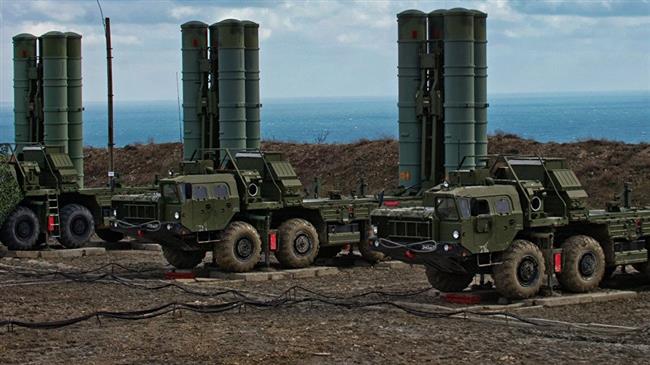
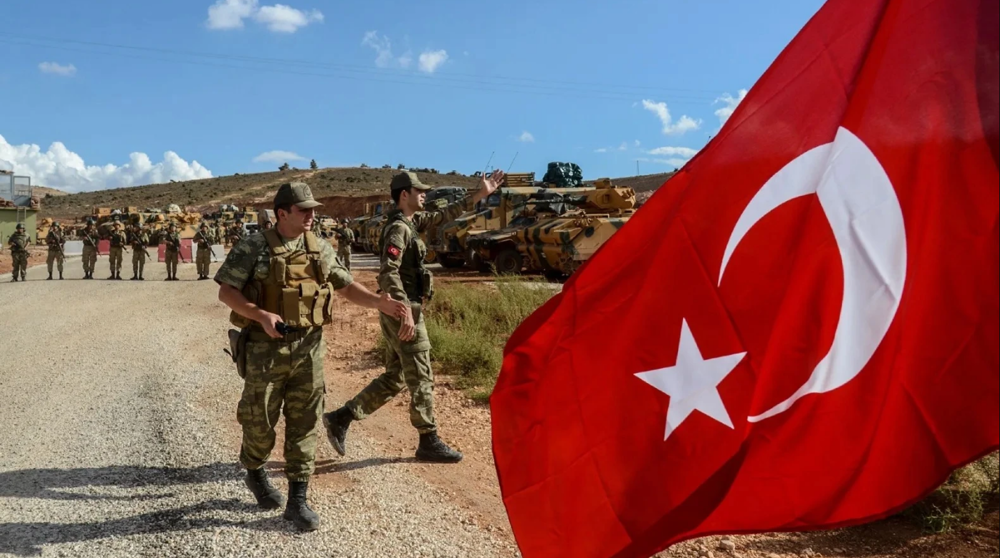





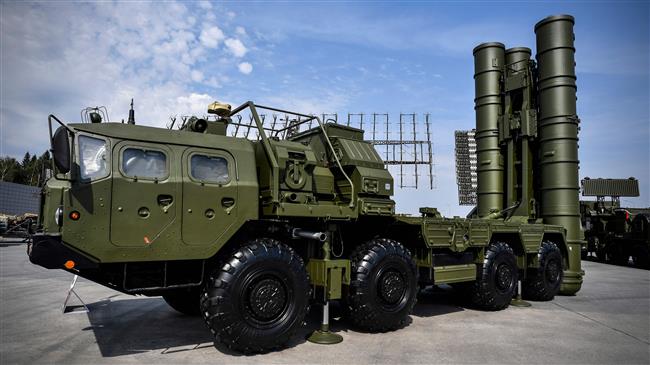
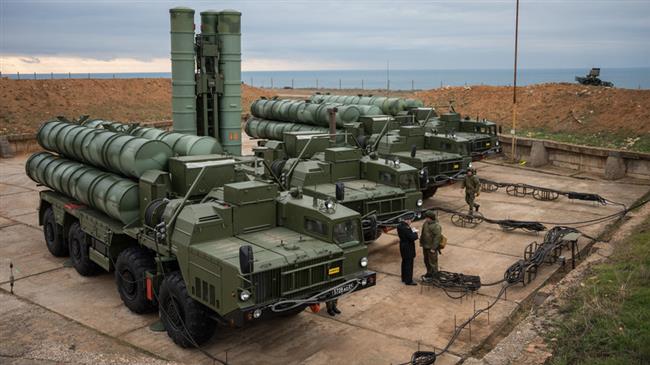
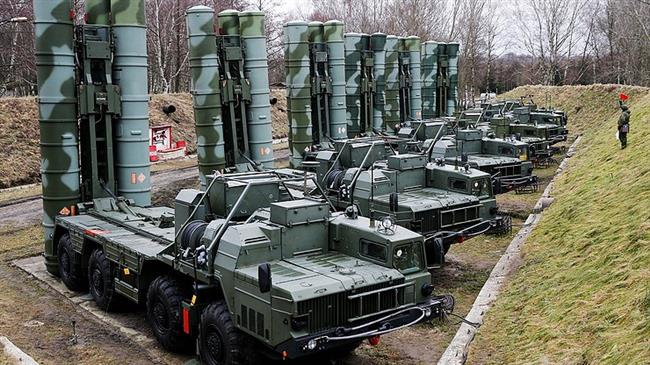


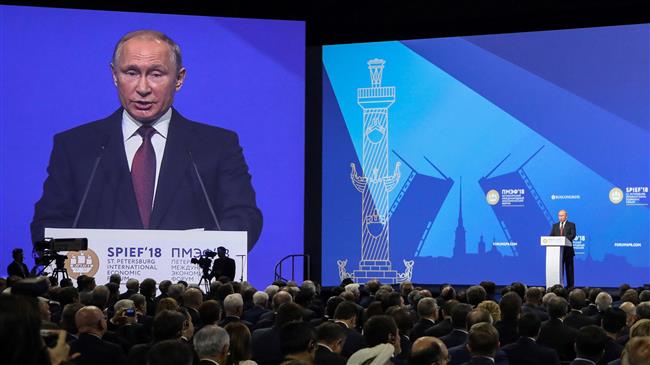

 This makes it easy to access the Press TV website
This makes it easy to access the Press TV website